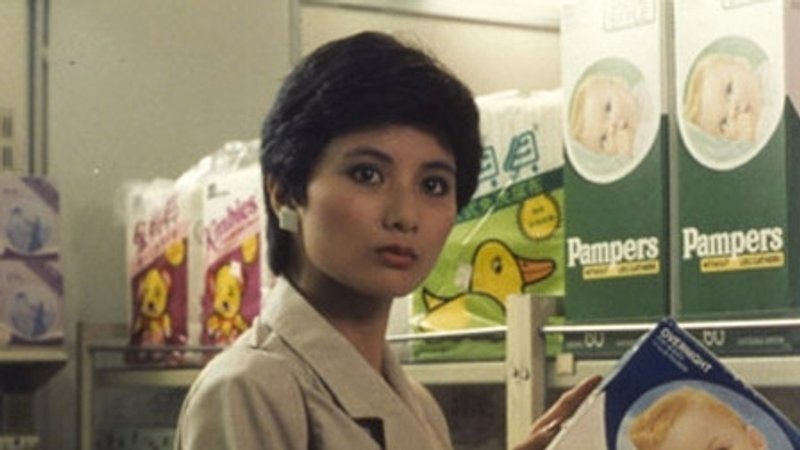Edward Yang's epic about the position of women in contemporary Taiwan heralded a new wave in Taiwanese film. Starring Sylvia Chang.

Screened as part of NZIFF 2008
That Day, on the Beach 1983
Haitan de yitian
Edward Yang’s debut feature was, along with Hou Hsiao-hsien’s The Boys from Fengkuei (1983), the first major work of the Taiwanese New Wave, a nearly three-hour rumination on the role of women in modern Taiwanese society that gave established star Sylvia Chang her breakthrough role. The film was also the first shot by Christopher Doyle, who would go on to co-create Wong Kar-wai’s signature visual style and collaborate with Zhang Yimou (Hero) and Gus van Sant (Paranoid Park). — AL
“Jia-Li’s (Sylvia Chang) husband has disappeared. A clue at a beach suggests that he was drowned but no body was found. The film focusses not on the search for the husband, but on the reunion of Jia-Li and her brother’s ex-girlfriend, a successful pianist (Hu Yin-Meng). The two women share insights on life and memories of growing up, and the struggle they face accepting or defying traditions in their romance and marriage. The film’s deliberation on changes in Taiwanese society and family, its mood of contemplation and reflection, went well beyond the melancholic tone of traditional Taiwanese films about women.” — Wen Tien-hsiang, Pusan International Film Festival
“Lin Chia-li (Sylvia Chang) and Tan (Teresa Hu) meet after many years. Tan, a famous concert pianist, was once engaged to Lin Chia-li's brother, but parental opposition broke up the romance; Lin Chia-li, on the other hand, defied her parents and married for love. Her marriage is far from happy, however. As with Yang's other films, the characters are paralyzed by the conflicting forces of modernity and tradition, a battle that wages both outside and within them, especially in the case of Lin Chia-li. Her rejection of a tradition she saw as oppressive has only left her feeling strangely empty. For many critics, That Day, on the Beach is the widest ranging look at what it means to be a woman in contemporary Taiwan.” — Cinemathèque Ontario